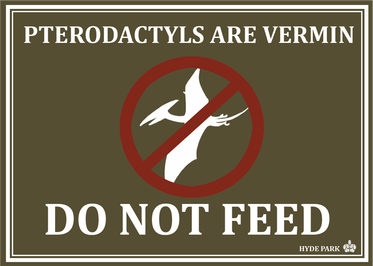I went to my friend Taryn's house and said, "I need a Diana Wynn Jones book. A good one. One that I haven't read. I couldn't get into the Dalemark book I had." (I had read only half of it. It was okay. But Diana Wynn Jones, who died in 2011 and wrote dozens of books, is an author who deserves to be represented well.)
Taryn has over fifteen feet of bookcases in her living room -- and she went over to her large collection of Diana Wynn Jones books (Archer's Goon, Dogsbody, books we have loved and read over and over) and handed my favorite kind of book to me -- one that has been read so many times the pages are falling out. "Here. It's really funny. They changed everything in the movie."
I had not seen the movie, so I got to read the book afresh. The story is about Sophie, a pretty hat-maker who is unfortunately the eldest of three sisters, so it is assumed she has no remarkable future ahead of her -- until is turned into an old lady by a witch -- and goes to seek a solution to this problem by finding the Wizard Howl (or Howell) who has a reputation of being quite wicked and lives in a castle that bounces across the landscape like an hysterical jalopy. And Howl?
"Have you heard of a land called Wales?" she asked.
"No," said Sophie. "Is it under the sea?"
The Witch found this funnier than ever. "Not at the moment," she said. "It's where Wizard Howl comes from. You know Wizard Howl, don't you?"
"Only by hearsay," Sophie lied. "He eats girls. He's as wicked as you."
Of course, everything Welsh gets my attention, especially now: Chris and I are returning to Wales for our tenth anniversary in a mere two weeks. So I thought: Diana Wynn Jones has been to Wales, otherwise why would she insert it? And then: Jones! It's the most common welsh surname. She at least has Welsh ancestors?
So I went to a fan site. Yes and yes. She lived in Wales with relatives for a short time during World War II, and describes it here, including picking up a Welsh accent.
Howl's Moving Castle is vintage DWJ as well -- amusingly described characters, not a perfect one in the lot of them. My favorite was Calcifer, the fire demon who lived in the hearth. It is definitely a children's book, and I found myself impatient (as was Sophie actually) for being trapped in the castle for so long (with no stylistic contortions to keep myself entertained, I am starting to realize that is the difference between adult and children's writing), but it is a warm-hearted story. More importantly, there are things I will always remember about it from now on.
I can't say the same about a lot of adult books I've read.
Lessons for Writers: On Diana Wynn Jones's website there is an article of hers on writing that is very salient, and I think I will pick one of those plums to share... The IMPORTANT THING is that you should ENJOY making up your story. If it bores you, stop and try something else.
Oh, and you should read what else she said, here. These are stories everyone should know.


 RSS Feed
RSS Feed